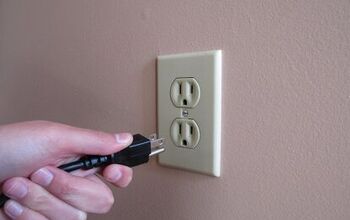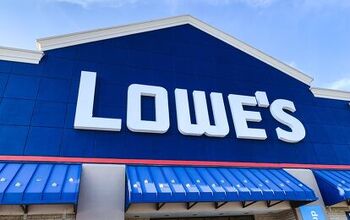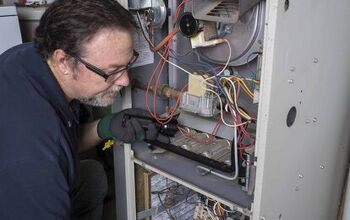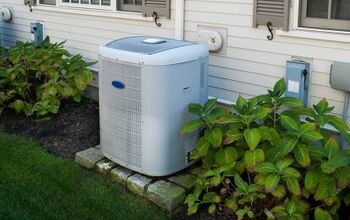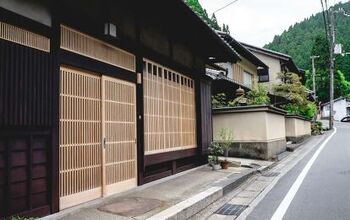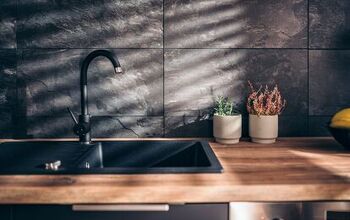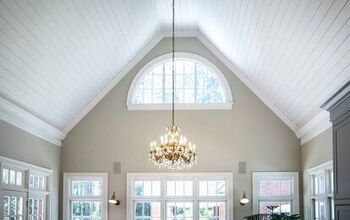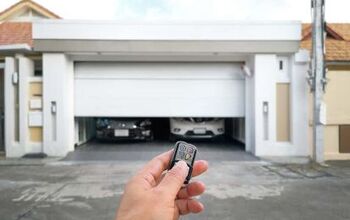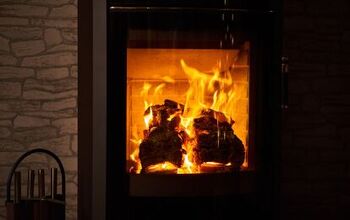Are You Allowed To Plant A Garden At A Rental Property?

Many tenants will do anything to make their rental properties meet their aesthetic and feel like home. For many people, this includes planting a vibrant garden in the yard. So, are you allowed to plant a garden at a rental property?
You are allowed to plant a garden at a rental property if it doesn’t violate the lease. Ask your property manager or read the lease if you aren’t sure whether you can plant a garden or not. Most landlords let you plant a garden if you maintain it and don’t dig holes that are too deep or remove existing plants and trees.
However, some rental agreements have strict policies about altering the landscape and planting a garden. That’s why it’s important to communicate with your landlord so you don’t violate the lease or strain your relationship. Follow along as we highlight everything you need to know before you plant a garden at a rental property.
Can You Plant A Garden As A Renter?
You can plant a garden as a renter if it doesn’t violate the lease agreement. Some leases specify that you cannot alter the landscaping, and this includes planting a garden. Leases that let you plant a garden typically require you to maintain the garden, so it doesn’t depreciate the property value.
A well-maintained garden can increase property value in some cases. Because of that, landlords require your garden to look good if you insist on planting one. Landlords that let you plant a garden typically have rules about garden size and depth.
For example, they may specify how deep of a hole you can dig. It’s important to check the lease or ask your landlord if you can plant a garden before you sign the agreement. This will ensure that you don’t violate the lease, damage the property, or plant a garden that you’ll need to remove.
Do Tenants Have To Maintain The Garden?
Some rental agreements specify that the renter must maintain their garden. This is especially true if you plant a garden as a renter. Maintenance includes pulling weeds and watering flowers.
A landlord will typically tell you if you need to maintain the garden. Otherwise, you will be able to find that information on the lease in most cases. Landlords sometimes require tenants to maintain the garden to ensure that the property still looks good for onlookers and the next tenant.
Most leases put the responsibility of basic maintenance on the renter. This includes everything from watering flowers and pulling weeds to changing light bulbs.
Is A Landlord Responsible For Trimming Trees?
Landlords are typically responsible for trimming trees at a rental property. While some leases require tenants to maintain yards, that doesn’t typically apply to trimming trees. Landlords are responsible for anything that could be considered a matter of safety, such as fallen tree branches, foundation damage, and electrical problems.
Rental agreements often specify that the landlord is responsible for heavy-duty maintenance, such as trimming and or cutting down trees. Some landlords require the tenant to maintain their lawn because that doesn’t require special skills, and in most cases, they provide the lawnmower. Others handle lawn and tree service as per the lease.
Can A Landlord Walk Around The Yard?
A landlord can walk around the yard if there is an emergency. This could happen if a tree falls or if power lines fall. Landlords will also walk around your yard in the event of a fire in some cases. Sometimes, landlords will walk around the yard if they suspect illegal activity or a lease violation.
Otherwise, landlords are required to give you at least 24-hour notice before entering your yard or home in most states. States that don’t have restrictions about landlords entering a property without permission include New York, Illinois, Idaho, Texas, and Missouri among others.
Can You Keep Plants Inside A Rental Property?
You can keep plants inside a rental property in most cases. It’s common for renters to keep potted plants inside. However, you must make sure that your indoor plant display doesn’t violate the lease.
You can get evicted or pay penalties for altering a rental property. This includes adding permanent additions to the rental to accommodate your plants. Otherwise, there is typically nothing wrong with keeping potted plants, hanging plants, or a shelf for plants in your rental property.
That is unless the lease agreement specifically prohibits keeping plants indoors. In that case, you could get in trouble if your landlord enters the property and discovers plants.
Can Tenants Remove Plants?
Tenants cannot remove plants at a rental property unless the landlord permits it. Contact your landlord if you have a problem with a particular plant and want to remove it. You are more likely to convince your landlord if you explain why you’d like to remove the plant.
For example, you may want to remove a plant if it attracts pests to your yard or if it’s difficult to keep alive. It’s up to the landlord’s discretion whether you can remove the plant, but they may let you if you replace it with another plant. They are also more inclined to permit you to remove a plant if you do a great job taking care of the yard.
However, a tenant can typically remove plants that they planted before the end of their lease. Make sure to leave the soil in good condition or you may be charged a cleaning or maintenance fee when you move out.
Backyard Rules For Tenants
The most common backyard rule for tenants is that major landscaping alterations aren’t allowed. This includes lawn aeration, planting or removing trees, and digging holes. You aren’t allowed to alter an existing irrigation system or install one without your landlord’s consent.
You can submit an alteration request to your landlord or property manager if you want to make changes to your backyard. Landlords also prohibit renters from putting large items or excessive junk in the backyard. This includes excessive storage of items scattered around the backyard that isn’t confined.
Renters aren’t allowed to install outdoor structures either, such as fences, sheds, pergolas, and gazebos. Some landlords may not let you even hang string lights in your backyard. Consult the lease or your landlord if you want to alter your backyard to make sure it doesn’t violate the lease.
Can a Landlord Make You Buy a Lawnmower?
A landlord cannot make you buy a lawnmower. However, they can put the responsibility of lawn maintenance on you as a renter. They may provide a lawnmower for you to use, but they aren’t required to.
If the landlord doesn’t provide a lawnmower, the tenant can either buy one or hire a yard service to mow their lawn. You can expect to spend between $40 and $150 per month to hire a service to mow your lawn. Standard reel lawnmowers cost as little as $120, but modern walk-band mowers often cost over $400.
Summing It Up
You can only plant a garden at a rental property if the lease allows it. Leases often let you plant a garden if you maintain it and don’t make major landscaping alterations. Contact your property manager before you plant a garden to make sure you don’t violate the lease.
You can typically keep potted and hanging plants inside unless the lease specifies that you cannot. Avoid digging big holes or removing plants and trees as that may violate your lease. Refer to your rental agreement before planting a garden or altering an existing one.
Related Guides

Nick Durante is a professional writer with a primary focus on home improvement. When he is not writing about home improvement or taking on projects around the house, he likes to read and create art. He is always looking towards the newest trends in home improvement.
More by Nick Durante



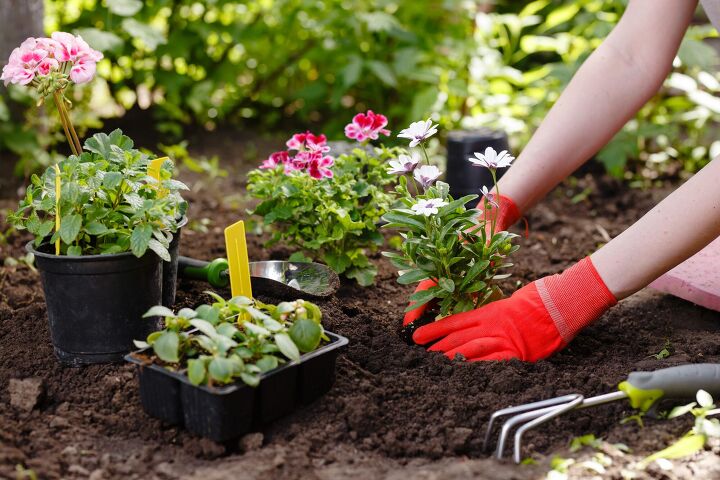






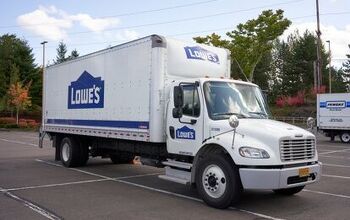

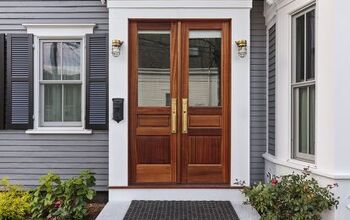
![10 Best Electric Pressure Washers – [2022 Reviews & Guide]](https://cdn-fastly.upgradedhome.com/media/2023/07/31/9070600/10-best-electric-pressure-washers-2022-reviews-guide.jpg?size=350x220)

